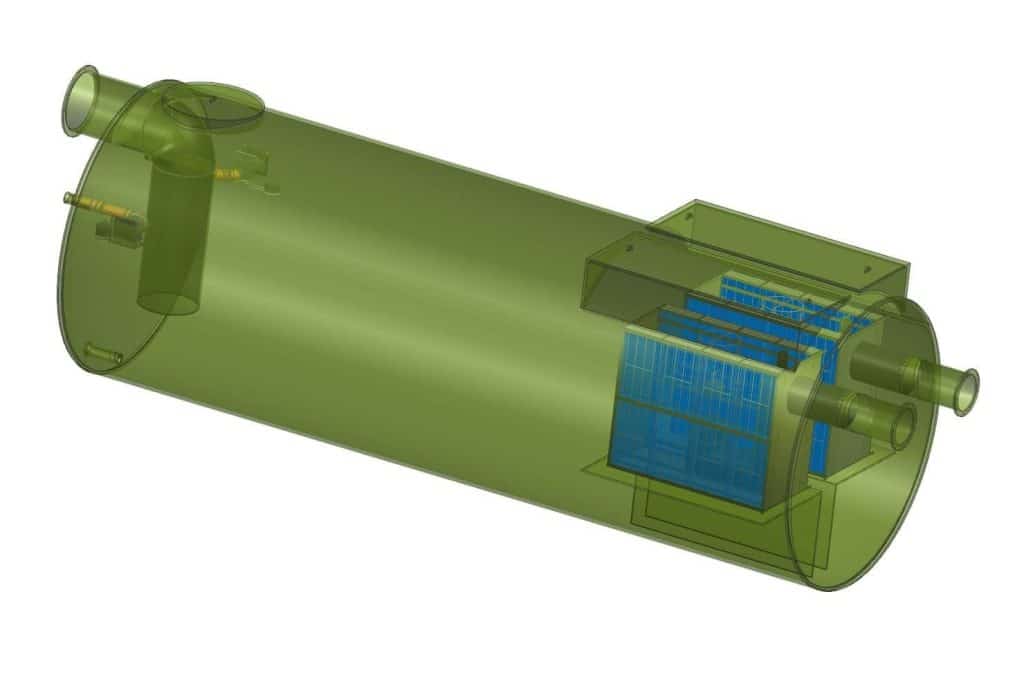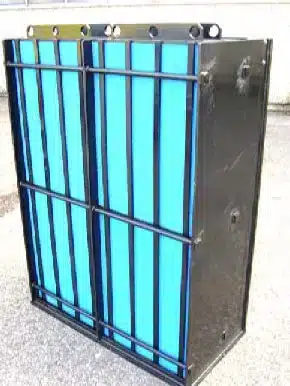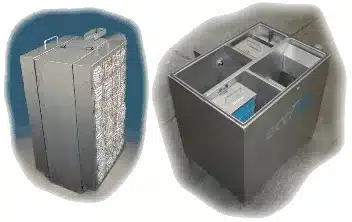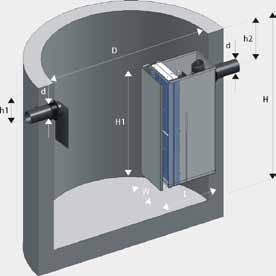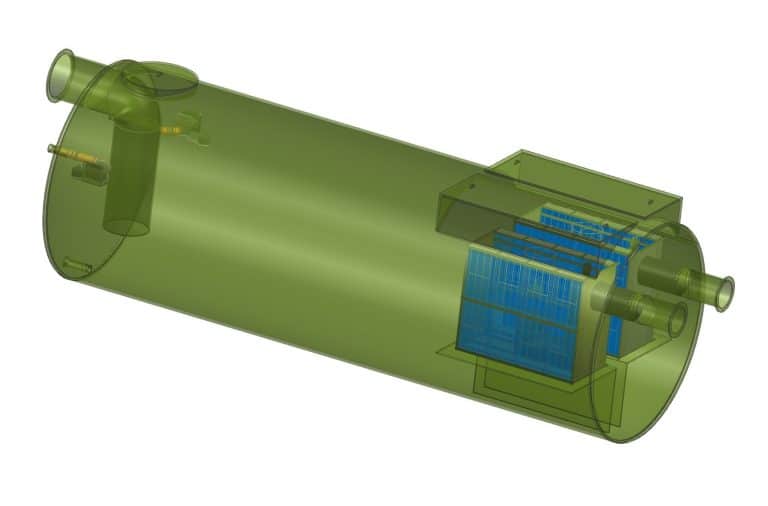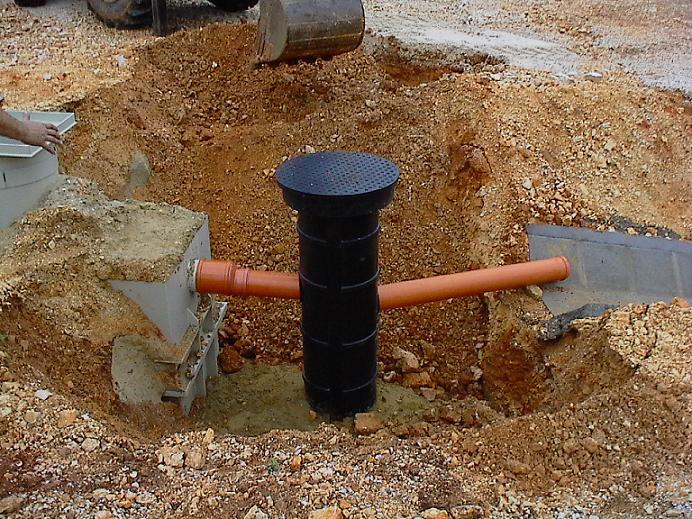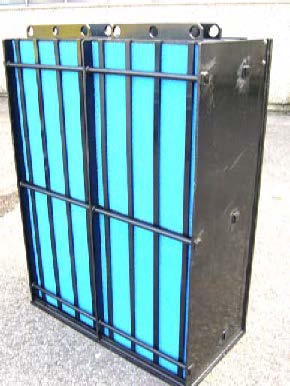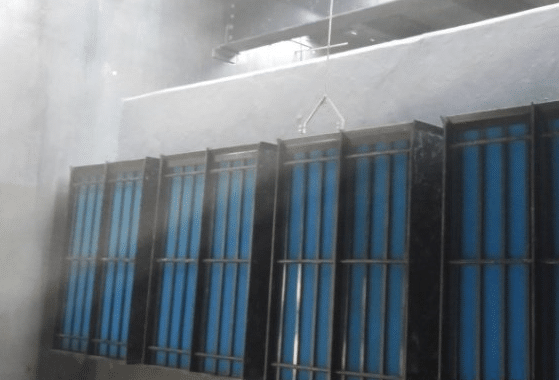Do you know if your underground storage tanks follow Delaware’s environmental rules? As businesses and property owners deal with regulations, knowing about Delaware Below Ground OWS is key. These systems are crucial for protecting our environment and following state laws.
The Delaware Department of Natural Resources and Environmental Control (DNREC) manages on-site wastewater systems. Their main aim is to keep groundwater and public health safe from harmful wastewater. If a system can handle more than 2,500 gallons a day, you’ll need a permit.
These rules cover all parts of Below Ground OWS, from planning to changing them. People working on these systems must have the right licenses. This ensures they have the needed skills and knowledge.
Key Takeaways
- Freytech Inc. Delaware Below Ground OWS is there to protect groundwater from oil hazards.
- Delaware regulates Below Ground OWS to protect groundwater and public health
- Permits are required for systems with daily flow rates over 2,500 gallons
- Regulations cover all aspects of OWS from planning to modification
- Professionals must be licensed for system design and installation
- DNREC oversees compliance with environmental protection standards
- Understanding regulations is crucial for businesses and property owners
Introduction to Delaware Below Ground OWS
Below Ground Oil Water Separators are key in managing wastewater and protecting our environment. They separate oil from water, making the discharge cleaner and lowering pollution risks. In Delaware, these separators follow strict rules to protect our water resources.
Definition and Purpose
These devices sit underground and remove oil and other hydrocarbons from water. They let oil rise to the top while clean water flows below. This is crucial for cleaning up oil-contaminated water in various industries.
Environmental Protection and Compliance
These separators are essential for protecting the environment. They stop harmful substances from getting into our water, helping with groundwater monitoring. By using them, businesses follow environmental laws and help keep our water clean.
Delaware’s Underground Storage Tank Regulations
Delaware has strict rules for underground storage tanks and oil water separators. These rules aim to prevent leaks and spills that could pollute soil and groundwater. Regular checks and upkeep are needed to make sure these systems work right, showing Delaware’s dedication to the environment.
Delaware Regulations Governing Below Ground OWS
Delaware has strict rules for below ground oil water separators (OWS). These rules help protect the environment and follow federal standards. They cover planning and operation of OWS systems.
Regulatory Authority
The Delaware Department of Natural Resources and Environmental Control (DNREC) is in charge of OWS rules. They get their power from Delaware Code Title 7, Chapter 60. This lets them make rules for on-site wastewater treatment systems, like OWS.
Oversight Bodies
The Ground Water Discharges Section of DNREC is key in watching over OWS. They work with environmental consulting firms for site checks and system design. This teamwork keeps water safe across the state.
Permit Process
To install a below ground OWS in Delaware, you need permits for systems over 2,500 gallons a day. You must send in detailed plans, soil studies, and hydrogeologic reports. These steps make sure the OWS follows Delaware’s rules and keeps water safe.
Site Characterization for Below Ground OWS Installation
Before putting in a below ground oil water separator (OWS) in Delaware, you need to do a detailed site check. This means looking closely at the soil and groundwater. It makes sure the system works well and is safe for the environment.
Soil Investigation Report Requirements
A Soil Investigation Report (SIR) is key for checking soil for contamination. It includes maps and soil details. Tests are done to see how well the soil can absorb water. This helps spot any problems from leaking tanks underground.
Hydrogeologic Suitability Report Specifications
The Hydrogeologic Suitability Report (HSR) looks at the groundwater. It checks the water table’s depth, flow, and how it might affect nearby water sources. This report is important for keeping soil clean and protecting groundwater.
Surface Water Assessment Considerations
Checking surface water is also important. It looks at how the OWS might affect nearby water bodies. This is key in places with high water tables or near delicate ecosystems. The goal is to design OWS systems that are safe for the environment and follow Delaware’s rules.
Experts like Class D.3 soil scientists and Delaware-licensed Professional Geologists do these checks. They make sure the data is right and important for safely putting in and running below ground OWS systems.
Design and Construction Standards for Delaware Below Ground OWS
Delaware’s Below Ground Oil Water Separators (OWS) must follow strict rules. These systems are key to cleaning the environment. The Delaware Department of Natural Resources and Environmental Control (DNREC) makes sure these standards are followed.
Before starting the project, a meeting is needed. DNREC officials, soil experts, geologists, engineers, and contractors attend. They make sure everyone knows what the project needs. Only licensed Class E.4 system contractors can put in Below Ground OWS in Delaware.
When building, it’s important to disturb the soil as little as possible. This keeps the soil’s natural state, which is vital for the system to work well. All parts of the system must be placed accurately, with DNREC’s okay for any design changes.
After building, the system must be tested fully. This checks if it works right and is ready to use. The design engineer must confirm that the build meets all the rules. These strict rules make sure Below Ground OWS systems in Delaware help the environment.
These separators are crucial in storm water systems. They process runoff to meet the US EPA’s Clean Water Act standards. With effective oily water treatment, facilities protect the environment and dodge big fines.

